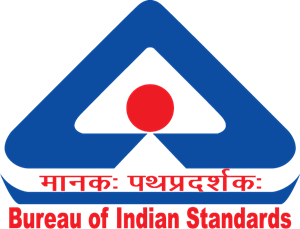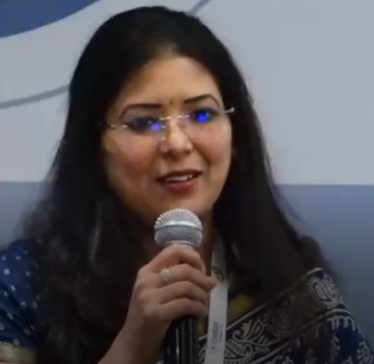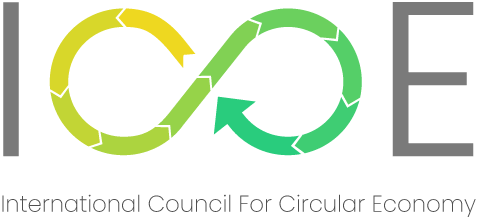
ICCE was a part of discussions that were held at BIS, Manak Bhawan.
New Delhi, India - 30th Sep, 2022.
BIS is transforming the way, the Standards are formulated and taken to large-scale implementation by all the stakeholders. It is now of utmost necessary that the sustainability dimension to the Indian Standards is deeply ingrained so that it leads to inclusive growth of the industry and results in achieving orderly and sustainable development. We have already started thinking in terms of SMART (Standards that are Machine Applicable Readable and Transferable), which will help quicken the implementation of the sustainability vision through standards.
Addressing sustainability poses many challenges and will require a paradigm shift in the way standards are made. Essentially, standard supporting sustainability shall be a document that addresses all three facets of sustainability, i.e. environment, society and economy. Such standard may be a product, process, system or even service standard (covering areas like tourism, hospitality, etc). Such standards could be horizontal and cross-cutting that provide guidance to all types of organizations regardless of their size or location (such as system standards) or could be specific (such as product, process or test method standards).
The manner in which sustainability issues are addressed in a standard will differ with the type of standard being developed. In case of product standard the issues to be discussed/ addressed could be but not limited to: the resources used (raw material, energy source, etc) and the costs over the life cycle of the product; the greenhouse gas removals and emissions over the life cycle of the product; the impact on health and safety resulting from the use of the product; the working conditions of those delivering the service; the implications that infrastructure developments have on human rights and communities; the nature and distribution of environmental, social or economic benefits that can result from the use of the products or services; the impact on economic development or innovation; the impact of the end-of-life stage.

